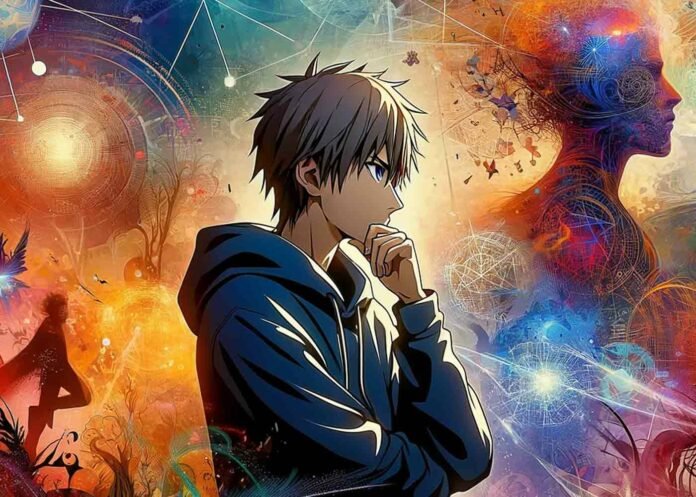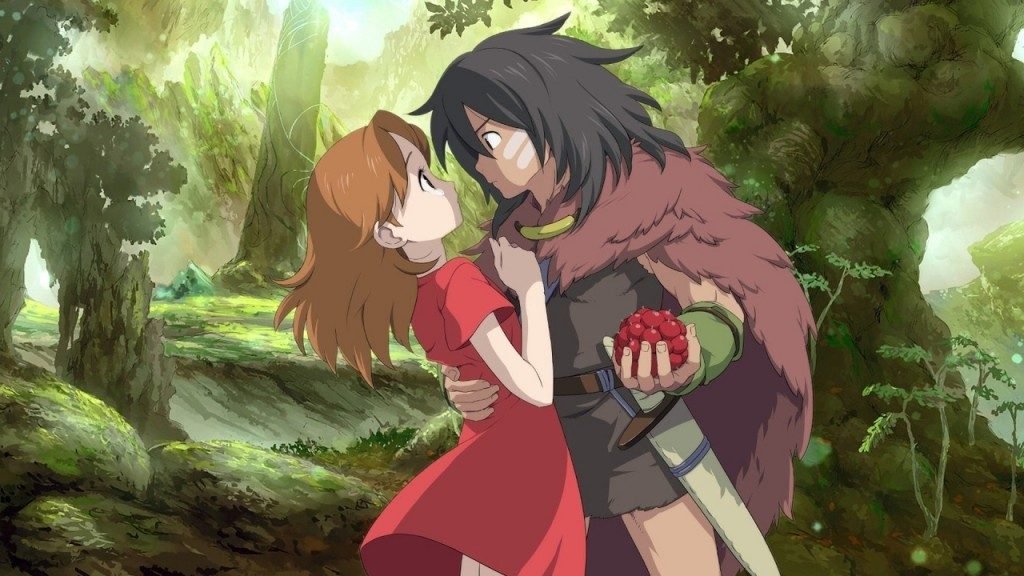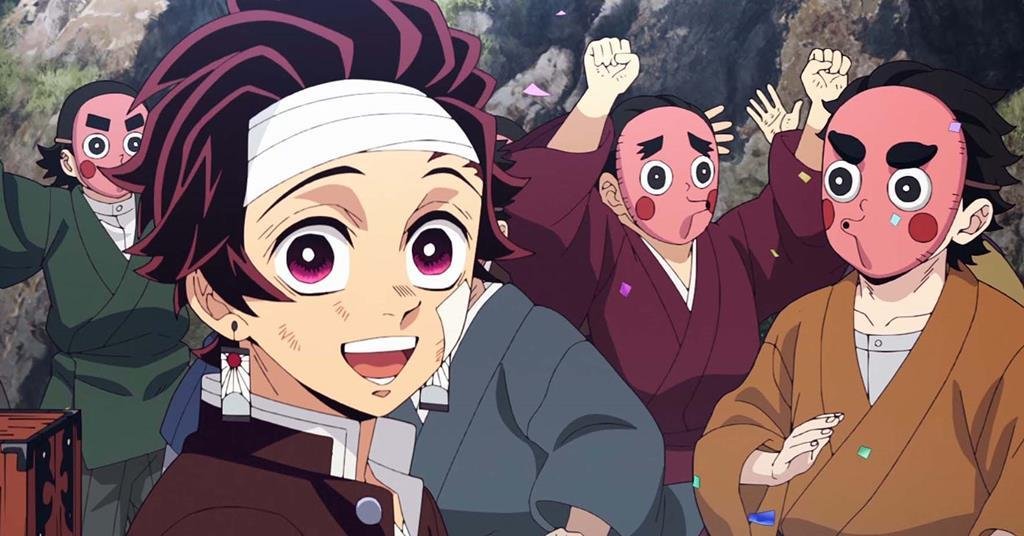Anime films often delve into deep and complex themes. These films explore concepts ranging from friendship to existentialism. They offer more than just entertainment; they provoke thought and stir emotions.
1. Friendship: A Deep Connection
Firstly, anime frequently examines the theme of friendship. Series like My Neighbor Totoro highlight the importance of bonds between friends. These films show how friendships support characters through trials and growth. In Naruto, for instance, the protagonist’s friendships drive his development and provide emotional support. Therefore, these films often portray friendships as crucial to overcoming life’s challenges.
2. Family Dynamics: Complex Relationships
In addition to friendship, anime explores intricate family dynamics. Films like A Silent Voice address family issues and personal growth. They show characters dealing with strained relationships and the impact on their lives. Similarly, The Boy and the Beast depicts a young boy’s journey in understanding his family and self. This exploration helps viewers understand the depth of familial relationships and personal struggles.
3. Identity and Self-Discovery
Another major theme in anime is identity and self-discovery. Films such as Spirited Away feature characters on quests to find themselves. As the protagonist Chihiro navigates a magical world, she learns about her own strengths and vulnerabilities. This theme resonates widely, as many viewers see parallels in their own lives. Consequently, these films encourage viewers to reflect on their personal journeys and identity.
4. Existentialism: The Search for Meaning
Existential themes are prevalent in anime, providing thought-provoking narratives. Ghost in the Shell delves into questions about consciousness and existence. It challenges viewers to consider what defines identity in a technologically advanced world. Similarly, Neon Genesis Evangelion explores the human condition and existential dread through its complex storylines. These films often make viewers question the nature of existence and purpose.
5. Conflict and Resolution: Personal Growth
Anime also tackles themes of conflict and resolution, focusing on personal growth. Films like Your Name depict characters who overcome internal and external conflicts to grow. These stories highlight how individuals can change and evolve through challenges. Furthermore, they show that resolution often comes from understanding oneself and one’s relationships with others.

6. Moral and Ethical Dilemmas
Additionally, anime films often present moral and ethical dilemmas. In Akira, the characters face choices that challenge their values and ethics. The film prompts viewers to think about the consequences of their decisions and the impact on society. This exploration of morality adds depth to the narrative and encourages viewers to reflect on their own beliefs.
7. Escapism and Reality: Balancing Worlds
Lastly, anime frequently explores the balance between escapism and reality. Films like The Girl Who Leapt Through Time use fantasy elements to address real-life issues. They allow viewers to escape while still confronting significant themes. This balance helps viewers enjoy the fantasy while reflecting on real-world problems and solutions.
Conclusion
In summary, anime films provide a rich exploration of complex themes. From friendship and family to existentialism and moral dilemmas, these films offer deep and thought-provoking content. As a result, anime continues to captivate audiences with its unique storytelling and emotional depth. Therefore, the next time you watch an anime film, consider how it reflects and explores these intricate themes.











